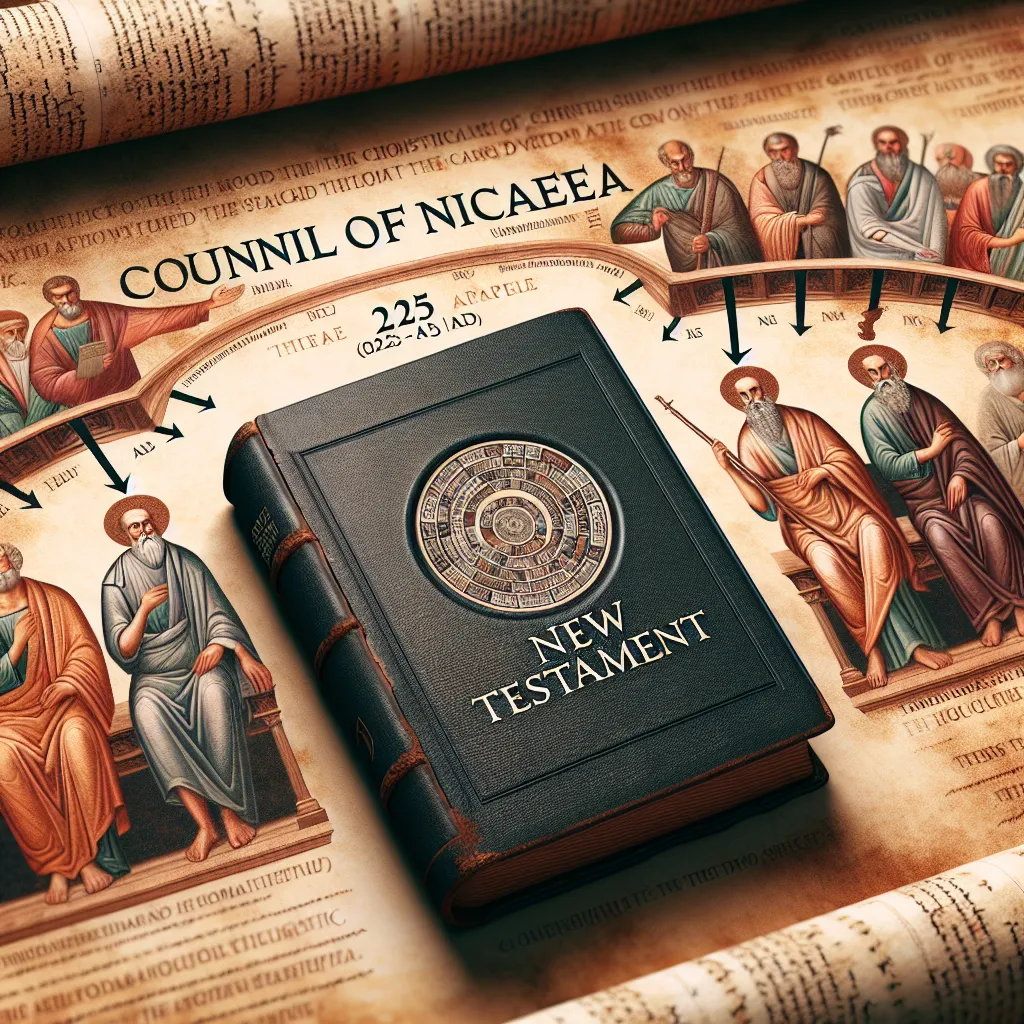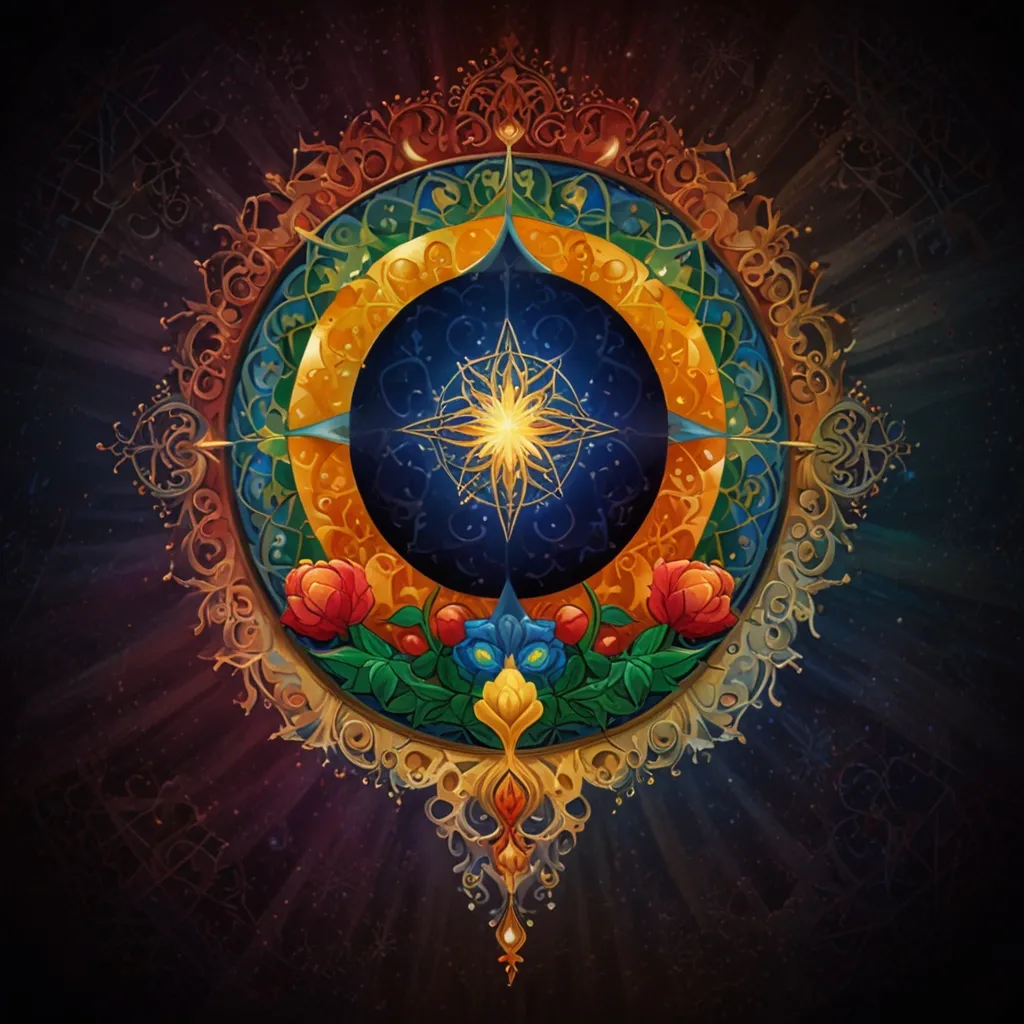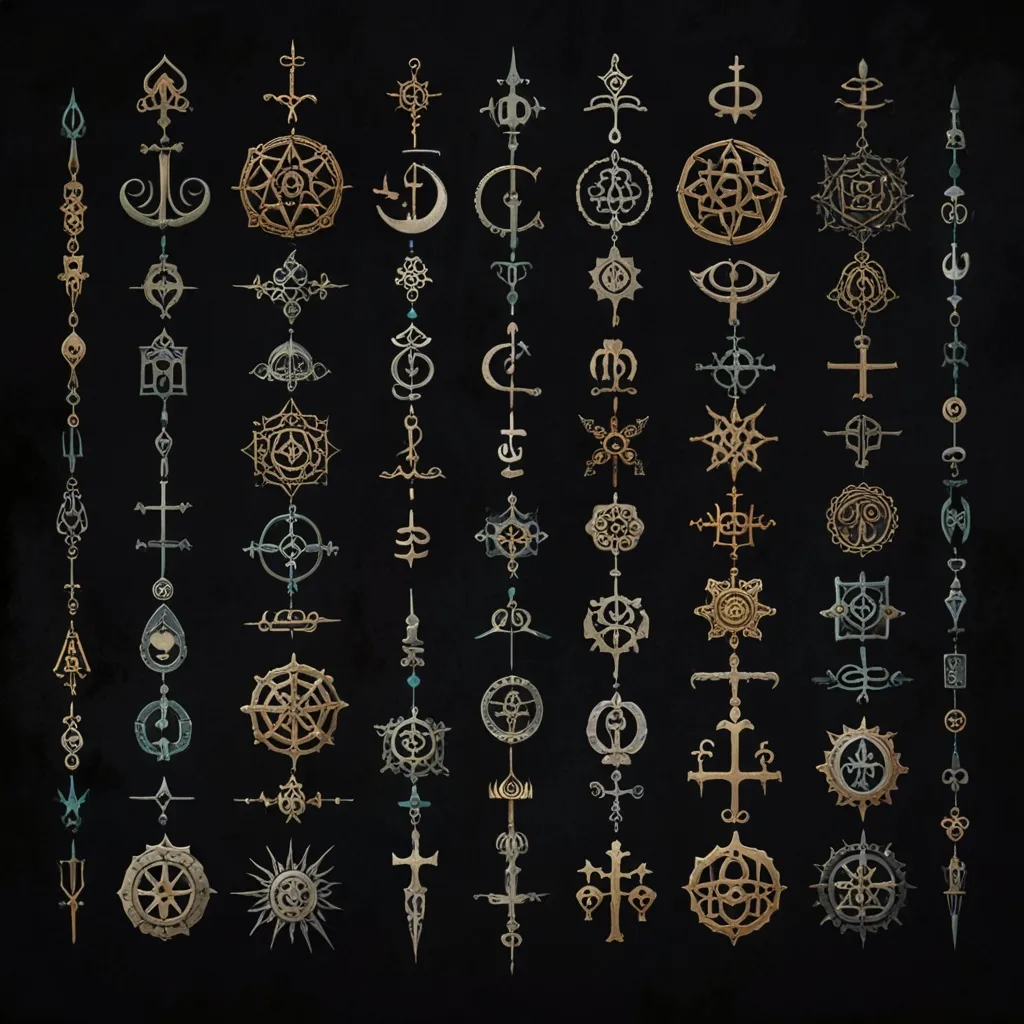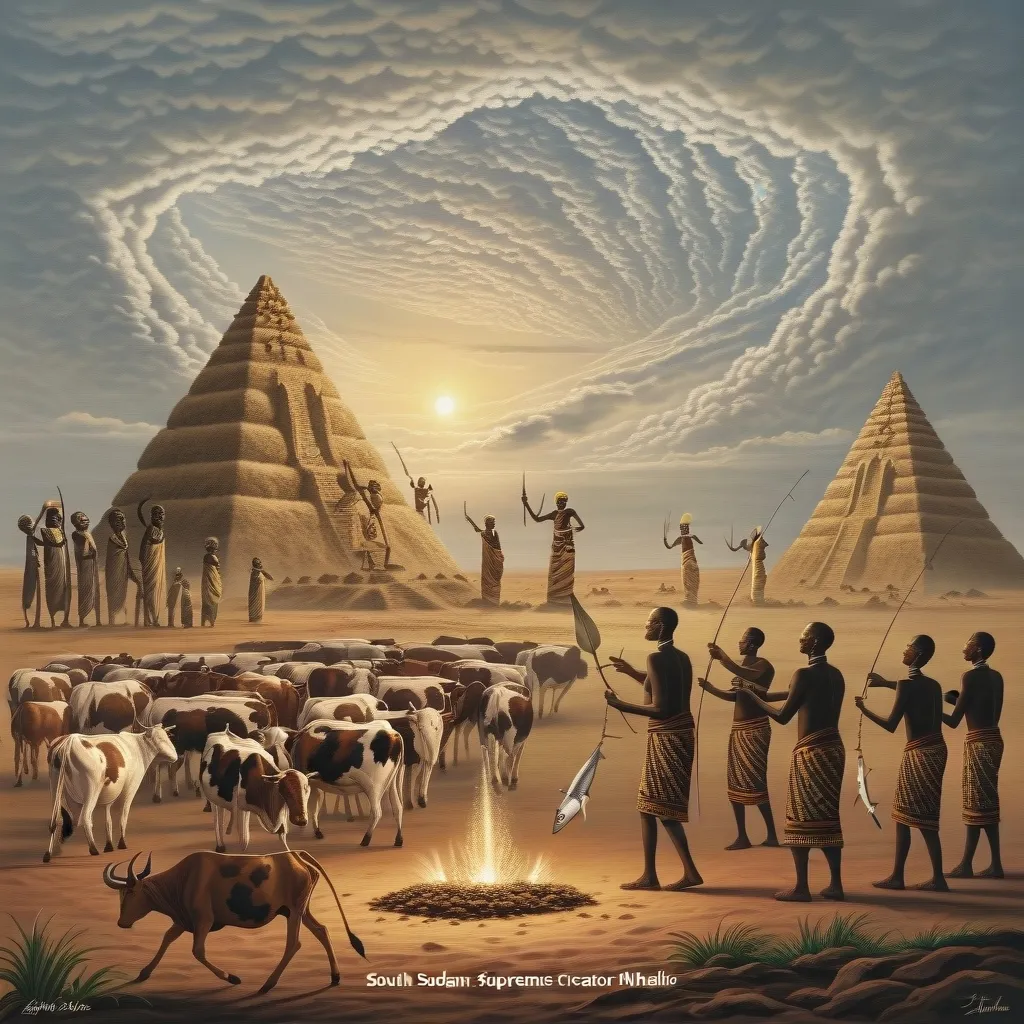Suffering is an inescapable part of the human experience, touching lives across cultures and belief systems. As we grapple with pain, loss, and hardship, many turn to religious traditions for solace and understanding. These ancient wisdom traditions offer diverse perspectives on the nature of suffering and how to respond to life’s challenges.
Buddhism teaches that suffering arises from our attachments and desires. By accepting the impermanent nature of all things, we can find peace amidst life’s ups and downs. The Buddha said, “All conditioned things are impermanent. When one sees this with wisdom, one turns away from suffering.” This insight invites us to loosen our grip on fleeting pleasures and pains, recognizing them as temporary waves in the ocean of existence.
How might our lives change if we truly embraced impermanence? Perhaps we’d savor joyful moments more fully, knowing they won’t last forever. We might also find it easier to endure difficult times, trusting that “this too shall pass.” The Buddhist approach doesn’t ask us to become emotionally numb, but rather to cultivate a wise perspective that reduces unnecessary anguish.
Christianity frames suffering through the lens of redemption and spiritual growth. The crucifixion of Jesus is seen as the ultimate example of meaningful suffering - through his sacrifice, Christians believe humanity can be reconciled with God. This gives even the darkest moments potential for transformation.
As the apostle Paul wrote, “We also glory in our sufferings, because we know that suffering produces perseverance; perseverance, character; and character, hope.” This reframing invites believers to look for the seeds of growth hidden within painful experiences. It’s not that suffering itself is good, but that it can be alchemized into something meaningful.
The Christian response also emphasizes compassion and community. Jesus consistently reached out to the suffering, offering healing and hope. His followers are called to do the same - to bear one another’s burdens and offer comfort. In this way, individual suffering can strengthen social bonds and inspire acts of love.
Islam teaches submission to the will of Allah as a path through hardship. The Quran states, “And We will surely test you with something of fear and hunger and a loss of wealth and lives and fruits, but give good tidings to the patient.” This framing presents life’s trials as tests of faith, opportunities to demonstrate trust in divine wisdom.
The Islamic approach emphasizes patience, gratitude, and resilience in the face of adversity. By accepting that everything comes from Allah - both blessings and challenges - believers can find a sense of peace even in difficult circumstances. This doesn’t mean passively accepting injustice, but rather facing life’s ups and downs with equanimity and faith.
How might our relationship to suffering change if we viewed hardships as divinely ordained tests? Perhaps we’d approach challenges with more curiosity and less resentment. The Islamic perspective reminds us that our response to suffering shapes our character and spiritual growth.
Judaism has a long history of wrestling with the problem of suffering, often through direct dialogue with God. The biblical book of Job presents a man who loses everything and demands answers from the divine. This tradition of questioning and debate is central to Jewish approaches to hardship.
Rabbi Harold Kushner writes, “We don’t have to accept everything that happens to us as God’s will. We can be angry at unjust things… But having expressed our anger, we still have to go on living in this less-than-perfect world.” This nuanced view allows space for both faith and frustration, trust and questioning.
The Jewish response to suffering also emphasizes communal support and the continuation of cultural traditions. Throughout history, shared hardship has often strengthened Jewish identity and resolve. The Passover seder, for example, recalls the suffering of slavery while celebrating liberation - a powerful reminder that pain can be transformed into purpose.
Hinduism views suffering through the lens of karma - the idea that our actions in this life and previous lives shape our current experiences. This can be seen as a cosmic balancing of accounts, where both positive and negative experiences are the fruits of past choices.
The Bhagavad Gita teaches, “The wise grieve neither for the living nor for the dead. There was never a time when you and I and all the kings gathered here have not existed and nor will there be a time when we will cease to exist.” This vast perspective invites us to see beyond our immediate circumstances to the eternal nature of the soul.
How might our approach to suffering shift if we truly believed in reincarnation and karma? Perhaps we’d be less quick to blame others or feel like victims of circumstance. The Hindu view encourages us to take responsibility for our actions while also cultivating detachment from temporary conditions.
As we consider these five religious responses to suffering, common threads emerge. Each tradition, in its own way, invites us to expand our perspective beyond immediate pain. They offer frameworks for finding meaning in hardship and tools for cultivating resilience. Whether through accepting impermanence, trusting in divine purpose, or seeing the long arc of karmic justice, these approaches help us navigate life’s storms.
Yet it’s important to note that these religious perspectives aren’t meant to dismiss or minimize genuine pain. They don’t ask us to paste on a smile and pretend everything is fine. Rather, they offer ways to engage with suffering that can lead to growth, wisdom, and deeper compassion for ourselves and others.
In our modern, increasingly secular world, we might ask: What can we learn from these ancient traditions, even if we don’t share their beliefs? Perhaps their enduring wisdom lies in reminding us that we’re not alone in our struggles, that suffering is a universal human experience. They offer time-tested strategies for finding hope and meaning in life’s darkest moments.
As we face our own challenges, big and small, we might draw inspiration from these diverse approaches. We can practice accepting impermanence like the Buddhists, look for opportunities for growth like the Christians, cultivate patience like Muslims, wrestle honestly with our pain like Jews, and take a long-term view like Hindus. In doing so, we honor the rich tapestry of human wisdom while finding our own path through life’s inevitable sufferings.






